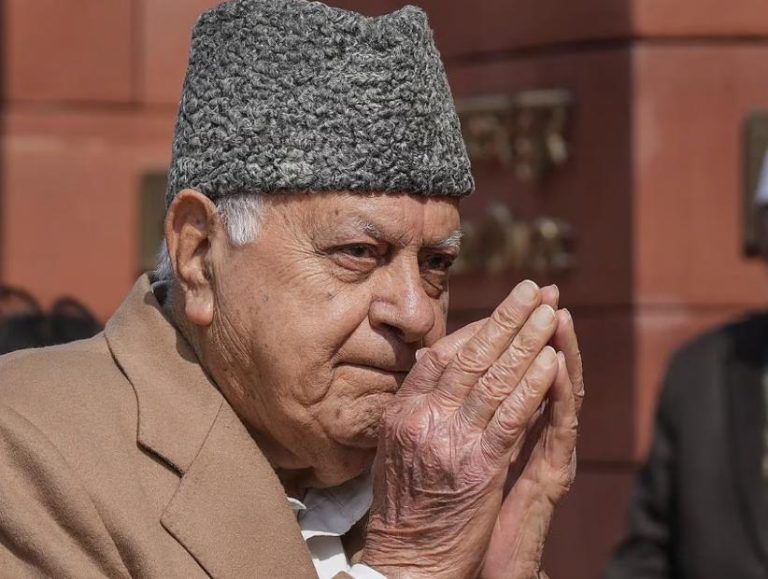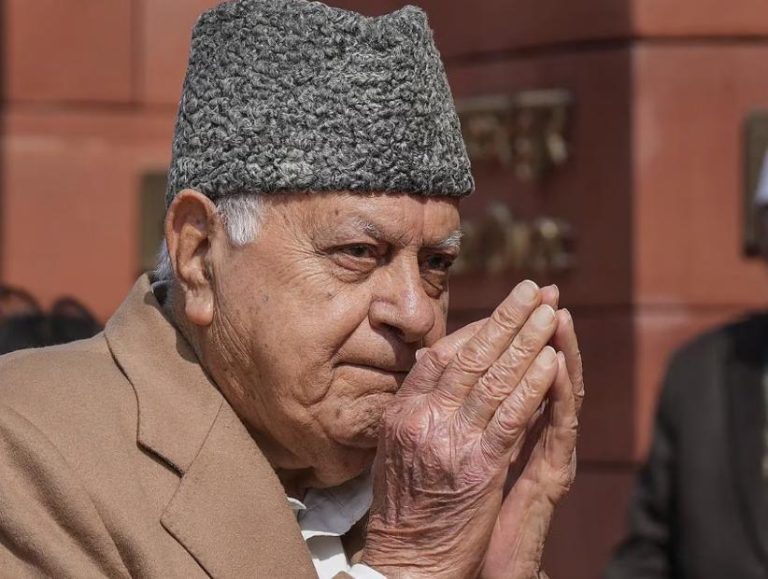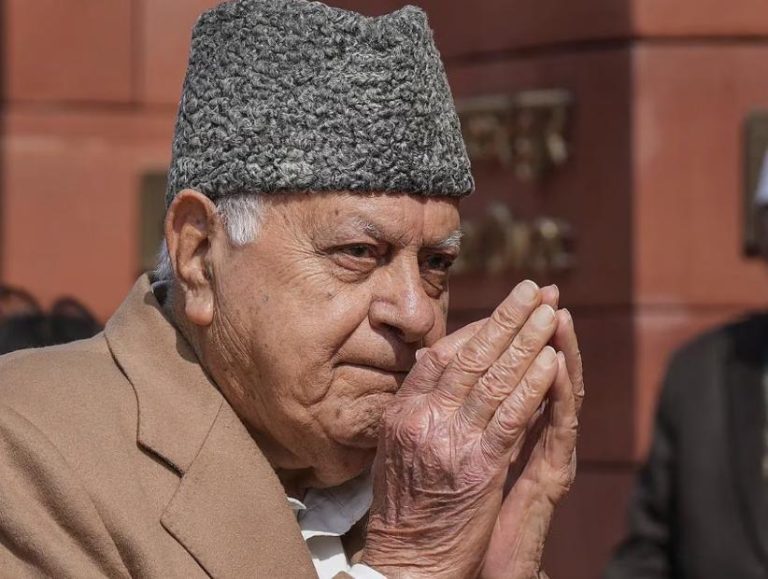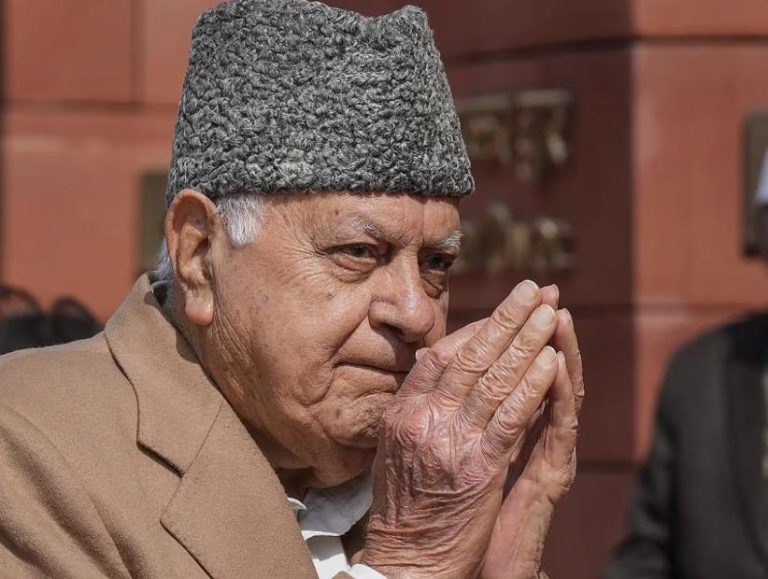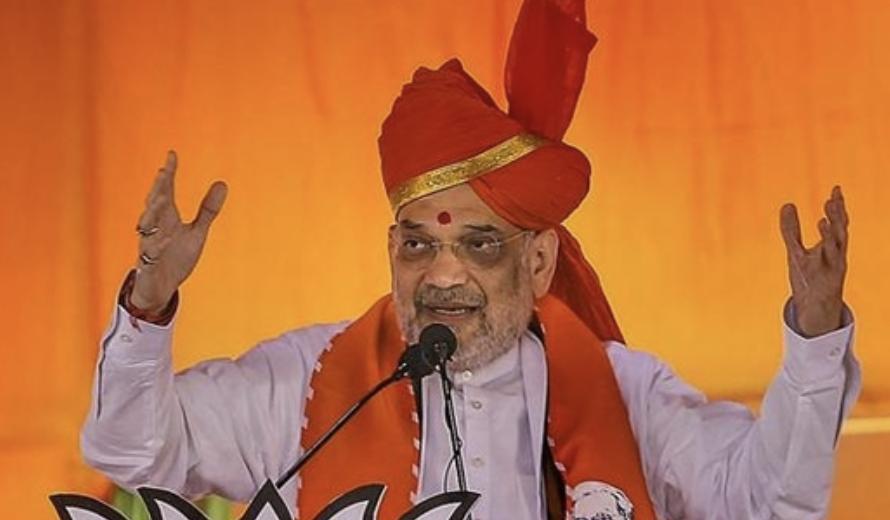
3 more groups disassociate from Hurriyat in J&K: Amit Shah
Union Home Minister Amit Shah’s recent visit to Jammu and Kashmir has brought to light significant developments in the region. In a statement, Shah revealed that three more organizations have severed ties with the Hurriyat Conference, a separatist group that has been a thorn in the side of the Indian government for years. These organizations, namely the Jammu Kashmir Islamic Political Party, Jammu and Kashmir Muslim Democratic League, and Kashmir Freedom Front, have publicly renounced separatism and pledged allegiance to the Indian state.
This news comes as a significant blow to the Hurriyat Conference, which has long been accused of promoting violence and extremism in the region. The group has been a key player in the Kashmiri separatist movement, using its influence to fuel anti-India sentiment and opposition to the Indian government.
Shah’s statement is a testament to the Indian government’s efforts to promote peace and stability in the region. The Home Minister has been instrumental in shaping the government’s policies towards Jammu and Kashmir, and his visit to the region is seen as a symbol of the government’s commitment to the people of Jammu and Kashmir.
The three organizations that have disassociated themselves from the Hurriyat Conference are significant in their own right. The Jammu Kashmir Islamic Political Party, for example, has a significant following among the Muslim population in Jammu and Kashmir. The party’s decision to renounce separatism is a major blow to the Hurriyat’s influence in the region.
The Jammu and Kashmir Muslim Democratic League is another prominent organization that has broken away from the Hurriyat. The league has a strong presence in the Kashmir Valley, and its decision to join the Indian mainstream is a significant development.
The Kashmir Freedom Front is perhaps the most surprising of the three organizations to disassociate themselves from the Hurriyat. The front has been known for its militant activities in the past, and its decision to renounce violence and join the Indian mainstream is a major victory for the government.
Shah’s statement was met with widespread approval from the people of Jammu and Kashmir. The Home Minister’s visit to the region has been seen as a symbol of the government’s commitment to the people of Jammu and Kashmir, and his statement is seen as a major boost to the government’s efforts to promote peace and stability in the region.
The Indian government’s efforts to promote peace and stability in Jammu and Kashmir have been ongoing for years. The government has implemented a range of measures aimed at promoting dialogue and reconciliation in the region, including the establishment of dialogue channels with various separatist groups.
Despite these efforts, the Hurriyat Conference has continued to promote violence and extremism in the region. The group has been accused of using its influence to fuel anti-India sentiment and opposition to the Indian government, and its activities have been linked to a range of violent incidents in the region.
Shah’s statement is a significant development in the government’s efforts to promote peace and stability in Jammu and Kashmir. The Home Minister’s visit to the region has brought to light the significant progress that has been made in promoting dialogue and reconciliation, and his statement is a testament to the government’s commitment to the people of Jammu and Kashmir.
In conclusion, Shah’s statement that three more organizations have disassociated themselves from the Hurriyat Conference is a significant development in the government’s efforts to promote peace and stability in Jammu and Kashmir. The organizations in question are significant in their own right, and their decision to renounce separatism is a major blow to the Hurriyat’s influence in the region. The Indian government’s efforts to promote peace and stability in the region are ongoing, and Shah’s statement is a testament to the government’s commitment to the people of Jammu and Kashmir.
